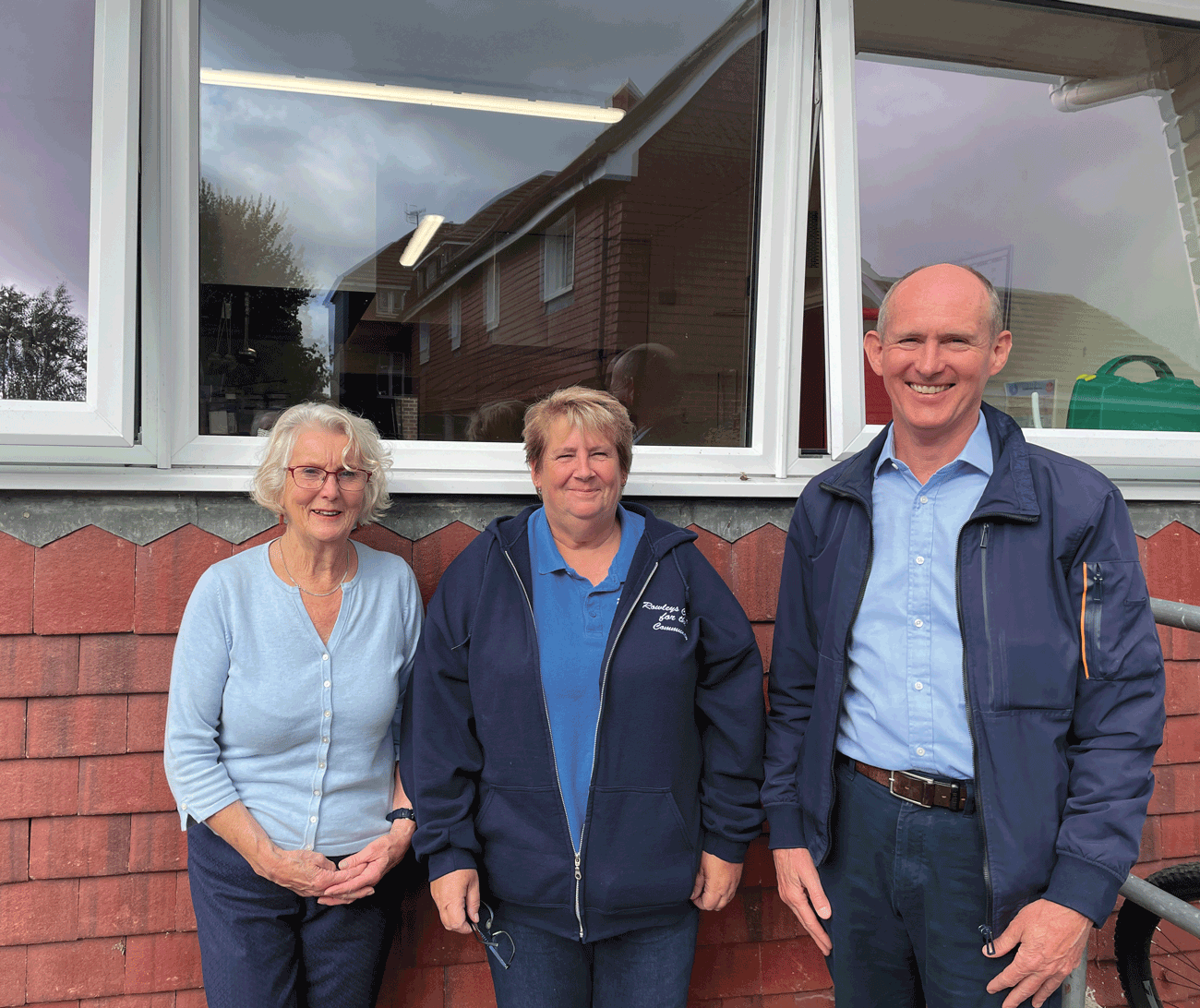
The latest well-being data from the Office of National Statistics shows that overall satisfaction with health (including mental health) is declining and more people are suffering from anxiety and depression year on year. Research commissioned by YouGov and Age UK has confirmed that around half of the over 55s say they have experienced anxiety. This trend is also borne out by evidence gathered by Age UK Surrey, the charity that supports people in later life. In the last 6 months over a third (36%) of counselling clients have presented with anxiety as their prevailing issue. This is in contrast to a year ago when only 14% of counselling clients reported feeling anxious.
Mental Health Awareness week (14th-20th May) gave us an opportunity to consider what mental health is all about, and what steps we can all take to improve and maintain our emotional well-being.
Put simply, mental health is about the ways we think, feel and behave. Everyone feels down or worried from time to time, especially at times of change such as the loss of a loved one, or relationship breakdown. In fact a small degree of stress in life is perfectly normal. But living in a chronic state of stress can lead to serious problems both physical, including heart disease, and emotional, such as low mood that interferes with day to day life. Anxiety is excessive worry and if not managed can lead to panic. Anxiety and panic often manifest in physical symptoms such as increased heart rate, sleeplessness, Irritable Bowel Syndrome and tension headaches.
Counselling is one way that can help. Having someone to talk to who is non-judgemental and who can give practical techniques to help manage symptoms can make a real difference and positive impact to a person’s life.
Jo Williams, Age UK Surrey’s Counselling Co-ordinator said “A lot of older people are struggling with stress and anxiety and perhaps don’t feel they can talk to their close friends and family about it. Talking to a trained counsellor in complete confidentiality can make a real difference to a person’s outlook and wellbeing. Best of all, we can see the client in their own home, and we can get to them quickly – which is usually what someone who is worried or upset needs. The average lead time from initial telephone enquiry to the first face-to-face counselling session is currently only 12 days.”
For more information about Age UK Surrey Services, including Counselling across the County please visit our website: www.ageuk.org.uk/surrey











